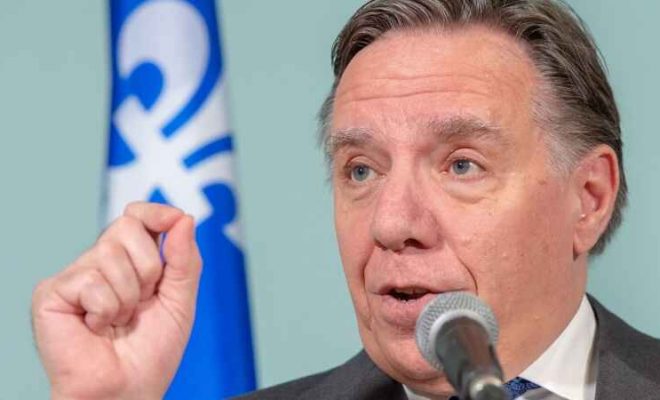Racial Profiling: Group Urges Montreal to Cease Police Street Checks

A coalition of groups is calling on Montreal to end random police checks because they excessively target minorities.
This is after an independent report commissioned by the SPVM found that there was “systemic bias” by the Montreal police involved in these checks. According to the report, a black person is almost five times more likely to be stopped by Montreal police than a white person, an indigenous woman, 11 times more likely.
Alain Babineau, a former RCMP officer says while street checks are sometimes useful, too often; the practice is a manifestation of an officer’s racial bias. “The problem occurs when people, police officers go on a hunch based on a stereotype looking for people that they think are involved in criminality,” he said, quoted on CTV News.
Montreal’s police chief, Sylvain Caron and Montreal Mayor Valerie Planteboth say they found the revelations shocking.
Minorities who have been victims of this practise have asked for the government to put an end to it, noting that other cities have already banned the practice. Sharon Nelson, from the Jamaica Association of Montreal, said when young black men are subjected to street checks, they feel shocked and humiliated.
“They feel that they cannot trust the police anymore because they are now known to police because they are part of that database,” she said.
City councillor Marvin Rotrandpromised to present a motion to ban street checks at a coming city council meeting.
“I accept all of the report’s findings with humility and commit to taking concrete actions to address the recommendations that come from it,” Montreal police chief Sylvain Caron said after the findings had been released, he acknowledged the presence of “systemic or organizational bias” within the force.
“These findings are greatly concerning,” Caron added, quoted on the Montreal Gazette. “We will do everything possible to eliminate the disparities.”
When reporter’s repeatedly questioned Caron about whether he believed the report’s findings confirm racial or social profilingby Montreal police officers, the police chief refused to acknowledge any racial profiling.
When reporters asked how he explains the disproportionate numbers, Caron got defensive, stating thatofficers are humanand their biases can leak into their work. Hestreet checks are either the result of someone calling the police or an officer deciding to stop someone.
“We don’t have any racist police officers,” the chief said. “We have police officers who are citizens and who, inevitably, have biases like all citizens can have. That’s the part we need to try to understand, and it’s a complex issue.
“As police chief, what I want is to have a safe city,” he added. “So we need to find the right balance between respecting people’s rights and police officers being able to do their jobs.”
The researchers who worked on the report urged the SPVM to use the report’s findings as a chance to improve relations with the city’s minority communities.
“Although we can’t hold the SPVM responsible for all the existing social discrimination in Montreal,” the report says, “it can nevertheless decide to adopt a passive attitude (and participate in the perpetuation and exacerbation of these discriminations) or instead seek to be a driving force for positive social change.”








